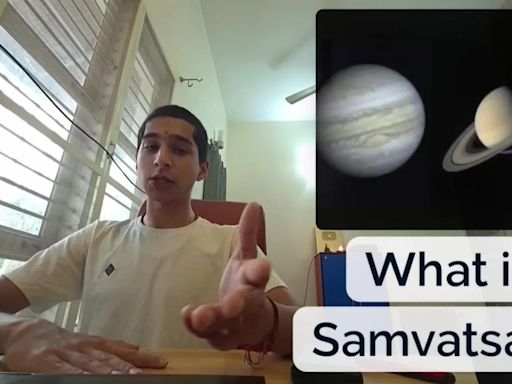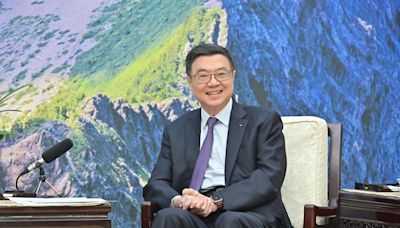搜尋結果
Taiwan,[II][k] officially the Republic of China (ROC),[I][l] is a country[27] in East Asia.[o] It is located at the junction of the East and South China Seas in the northwestern Pacific Ocean, with the People's Republic of China (PRC) to the northwest, Japan to the northeast, and the Philippines to the south. The territories controlled by the ...
Wikipedia[note 3] is a free content online encyclopedia written and maintained by a community of volunteers, known as Wikipedians, through open collaboration and the use of the wiki-based editing system MediaWiki. Wikipedia is the largest and most-read reference work in history.[3][4] It is consistently ranked as one of the ten most popular ...
Indian-origin religions Hinduism, Jainism, Buddhism, and Sikhism, are all based on the concepts of dharma and karma. Ahimsa, the philosophy of nonviolence, is an important aspect of native Indian faiths whose most well known proponent was Shri Mahatma Gandhi, who used civil disobedience to unite India during the Indian independence movement – this philosophy further inspired Martin Luther ...
India, officially the Republic of India (ISO: Bhārat Gaṇarājya),[21] is a country in South Asia. It is the seventh-largest country by area; the most populous country as of June 2023;[22][23] and from the time of its independence in 1947, the world's most populous democracy.[24][25][26] Bounded by the Indian Ocean on the south, the Arabian ...
Hinduism as it is commonly known can be subdivided into a number of major currents. Of the historical division into six darsanas (philosophies), two schools, Vedanta and Yoga, are currently the most prominent. The six āstika schools of Hindu philosophy, which recognise the authority of the Vedas are: Sānkhya, Yoga, Nyāya, Vaisheshika, Mimāmsā, and Vedānta.
Genghis Khan (born Temüjin; c. 1162 – 25 August 1227), also known as Chinggis Khan,[a] was the founder and first khan of the Mongol Empire, which he ruled from 1206 until his death in 1227; it later became the largest contiguous empire in history. After spending most of his life uniting the Mongol tribes, he launched a series of military ...
Part of a series on the History of India Timeline Prehistoric Madrasian culture Soanian, c. 500,000 BCE Neolithic, c. 7600 – c. 1000 BCE Bhirrana 7570 – 6200 BCE Jhusi 7106 BCE Lahuradewa 7000 BCE Mehrgarh 7000 – 2600 BCE South Indian Neolithic 3000 – 1000 BCE Ancient Indus Valley civilization, c. 3300 – c. 1700 BCE Post Indus Valley ...







